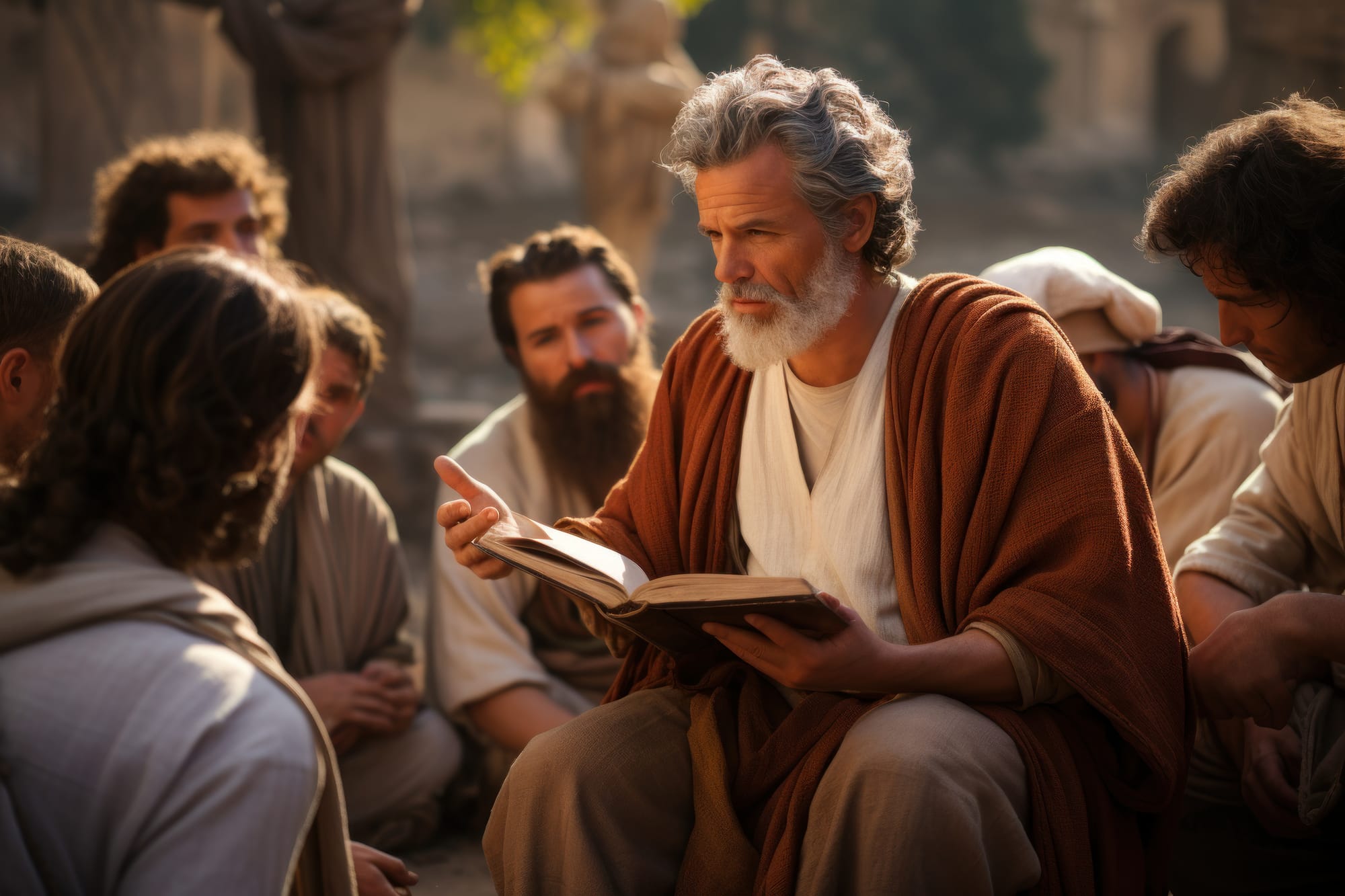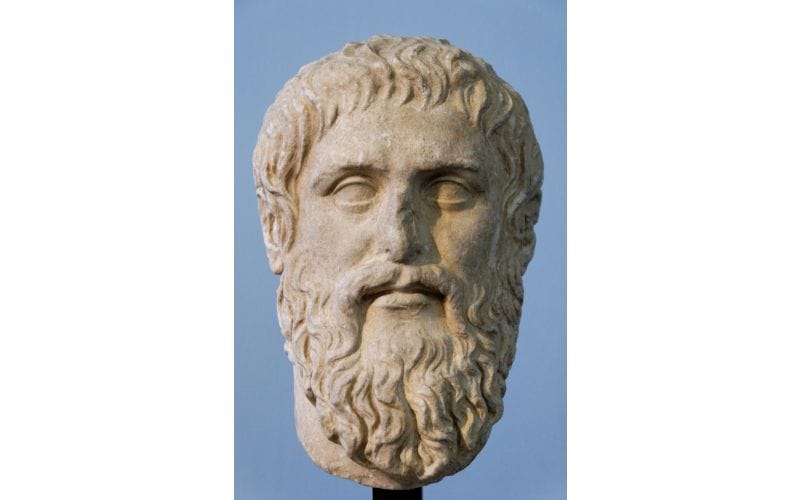100 Heroes: Plato
The gay man who shaped our understanding of the world.

Plato was an Athenian philosopher during the Classical period in Ancient Greece.
He is widely considered the pivotal figure in the history of Ancient Greek and Western philosophy, along with his teacher, Socrates, and his most famous student, Aristotle.
Plato has also often been cited as one of the founders of Western religion and spirituality.
Biography
Due to a lack of surviving accounts, little is known about Plato’s early life and education.
Plato belonged to an aristocratic and influential family.
The exact time and place of Plato’s birth are unknown. Based on ancient sources, most modern scholars believe that he was born in Athens or Aegina between 429 and 423 BC, not long after the start of the Peloponnesian War.
Plato may have travelled in Italy, Sicily, Egypt and Cyrene. Said to have returned to Athens at the age of forty, Plato founded one of the earliest known organised schools in Western Civilisation on a plot of land in the Grove of Hecademus or Academus. Many intellectuals were schooled in the Academy, the most prominent one being Aristotle.
Plato lived until he was in his early 80s.
Platonic love?
Plato wrote that the best relationship would be an erotically charged relationship between men, though he believed the highest relationship would not involve actual sexual contact.
It’s from these writings about ideal relationshps that we get the term ‘platonic’ relationship. Today, a platonic relationship refers to a completely non-sexual relationship.
Historians have noted that Plato’s writings are suffused with homoerotic subtext. Explicitly, Plato wrote that pairs of male lovers, eromenoi (lover) and erastoi (beloved) could reach heaven regardless of whether their relationship included sexual contact.
